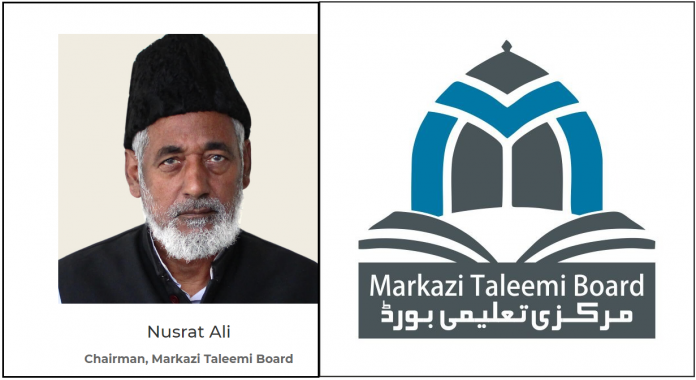TCN News
New Delhi: The Education Board of Jamaat-e-Islami Hind (JIH) has expressed serious concerns over slashing allocation of funds for the education sector by 6.13 per cent in the recent Union budget as compared to previous year. JIH has called it detrimental to the country’s future.
In a press statement, Nusrat Ali, Chairman of the JIH’s Markazi Talimi Board (Education Board) said that the union Education Minister had demanded about Rs. 1.03 lakh crore however, the education budget of Rs.93,000 crore was approved. He said, “experts, civil society groups and almost all committees and commissions set up for education, have been of the opinion that at least 10 percent of the budget should be allocated for education. But the budgetary allocation for it always remained at around 6 percent. Education is one of the most affected sectors by the Covid-19. Many private schools have closed due to it, while private school teachers are facing dire financial straits. All such people, who were expecting some relief, have been very disappointed by the union budget. In a situation where the problem of child nutrition and growth is very serious in the country, the cutting of Rs 11,500 crore in the mid-day meal budget is a deprivation of their rights.”
Criticising the insufficient budgetary allocation and government’s plans related to the education, the Chairman of the JIH Education Board said, “It gives the impression that the government is playing its role as a friend of the corporate rather than the common public. The future of the country is decided in schools, not in the markets and corporate offices. The government’s plan to set up 100 new military schools in collaboration with NGOs and private schools shows that it wants to boost corporate participation in the education sector.”
Nusrat Ali pointed out that the government presented the New Education Policy NEP-2020 with great enthusiasm. He continued, “we want to take the country to a leading position in the field of education at the global level in the next ten years and to make it a world leader (‘Vishwa guru’) in the next 20 years. Definitely, our country’s human resources are capable of achieving this goal. However, the government should take the right steps in this regard. The present budget and plans cannot make much progress in implementing the education policy. As per the plan, only 15,000 schools have been selected across the country for qualitative improvement which is about one percent of total numbers. The enrollment rate in higher education is about 26 percent. The New Education Policy wants to bring it to 50 percent in the next ten years. But there is no specific plan for it in the budget.”
The Chairman of the Education Board said, “it seems that the government wants to promote merely those streams in higher education which are related to skill development. It means that we are just producing a workforce for the corporate. Therefore, there is a plan to set up a central university in Leh, Ladakh in collaboration with Japan, focusing on skills development. While, NEP calls for the promotion of social sciences and social skills in students. But, there is no significant plan in this regard in the current budget.”
Commenting over the budgetary allocations for minorities, Nusrat Ali, said, “The situation of minorities, especially of Muslims, is much worse than the national average, in education. The allocations for the Ministry of Minority Affairs have declined from Rs 5,029 crore to Rs 4,810.77 crore. Half of the total is spent on various types of scholarships. Primarily, the amount and the process for issuing scholarships have not been reviewed since many years. Secondly, the amount of scholarship is so meagre that too in the present inflationary situation. It is impossible to meet the basic needs of a student from the amount. Thirdly, the number of students receiving scholarships since 2008 remains more or less the same. So, the government and the civil society should look at the reasons behind it. The NEP has proposed setting up the Special Educational Zones (SEZs) in order to elevate the standard of education of minorities. It would be better if this proposal is launched in a few places in this academic year. But there is no such programme in the budget.”
The Chairman of the Education Board said that the social studies section was highly affected by the current budget. Emphasising on the main objectives of the education, he stated, “the purpose of education should not be just to provide human resources to corporates, which they use to multiply their profits. As a result, society as a whole sacrifices its human values. Every conscious citizen needs to think about it and play his role in the field of education for the better future of the country while fulfilling his duty of being a responsible citizen.”


